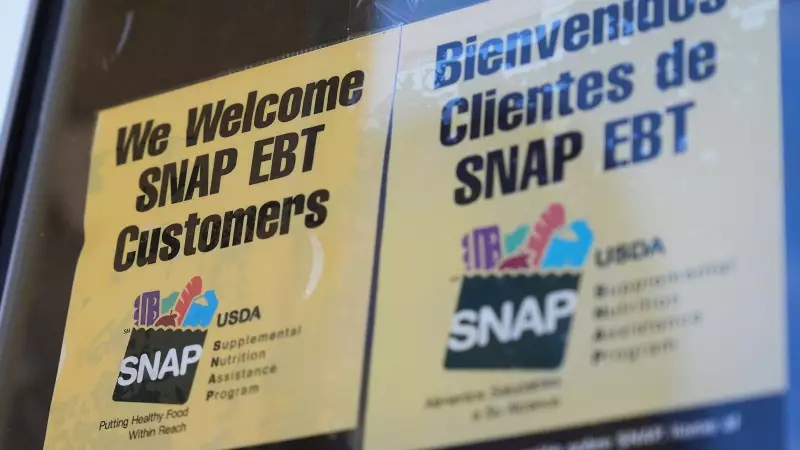
The United States Supreme Court has once again intervened to prevent Texas from shutting down electronic payment services for the Supplemental Nutrition Assistance Program (SNAP), commonly known as food stamps. This decision marks a significant development in the ongoing legal battle that affects millions of low-income Americans who rely on these benefits for their daily meals.
Legal Battle Over Food Assistance Payments
The Supreme Court extended its administrative stay that blocks a lower court's order which would have forced the U.S. Agriculture Department to halt payments through a specific company. The case centers around a lawsuit filed by the state of Texas alleging improper contract awarding for processing SNAP payments.
The court's decision means that millions of Americans will continue to receive their food assistance benefits without interruption while the legal proceedings continue. This temporary relief comes as a crucial protection for vulnerable families who depend on these funds for basic nutrition needs.
Background of the Controversy
The dispute originated when Texas challenged the contract awarding process for SNAP payment processing services. State officials argued that the selection procedure violated procurement rules and disadvantaged certain companies. The lower court had initially ruled in favor of Texas, ordering the suspension of payments through the current service provider.
However, the federal government quickly appealed this decision, warning that disrupting SNAP payments would cause catastrophic harm to low-income families across multiple states. The Agriculture Department emphasized that switching payment processors mid-stream would create technical chaos and potentially delay benefits for weeks.
The case has drawn national attention because of its potential impact on food security. SNAP serves approximately 42 million Americans, providing essential nutritional support to children, elderly individuals, and disabled persons. Any interruption in benefit distribution could have severe consequences for household food stability.
What Comes Next in the Legal Process
The Supreme Court's extension of the stay gives the justices more time to consider the full appeal from the federal government. Legal experts suggest that the court appears divided on the issue, with some justices expressing concern about states' rights while others prioritize the potential humanitarian crisis.
The temporary order will remain in effect until the Supreme Court makes a final decision on whether to hear the case fully or let the lower court's ruling stand. This procedural move indicates the complexity of the legal questions involved and the high stakes for all parties.
Advocacy groups for low-income families have welcomed the court's intervention, arguing that food assistance should not become collateral damage in contractual disputes. Meanwhile, Texas officials maintain that proper procurement procedures must be followed, regardless of the program involved.
As the legal battle continues, SNAP recipients can breathe a temporary sigh of relief knowing their benefits will continue uninterrupted. However, the ultimate resolution remains uncertain, leaving millions of Americans awaiting a final decision that will determine the stability of their food assistance in the coming months.





